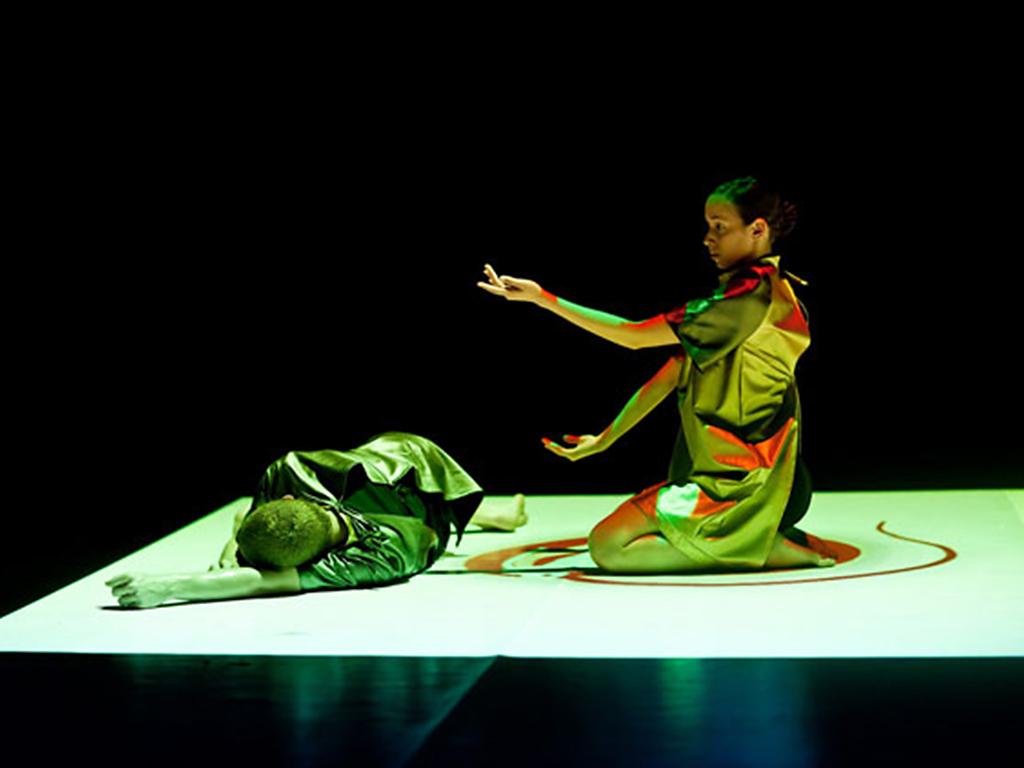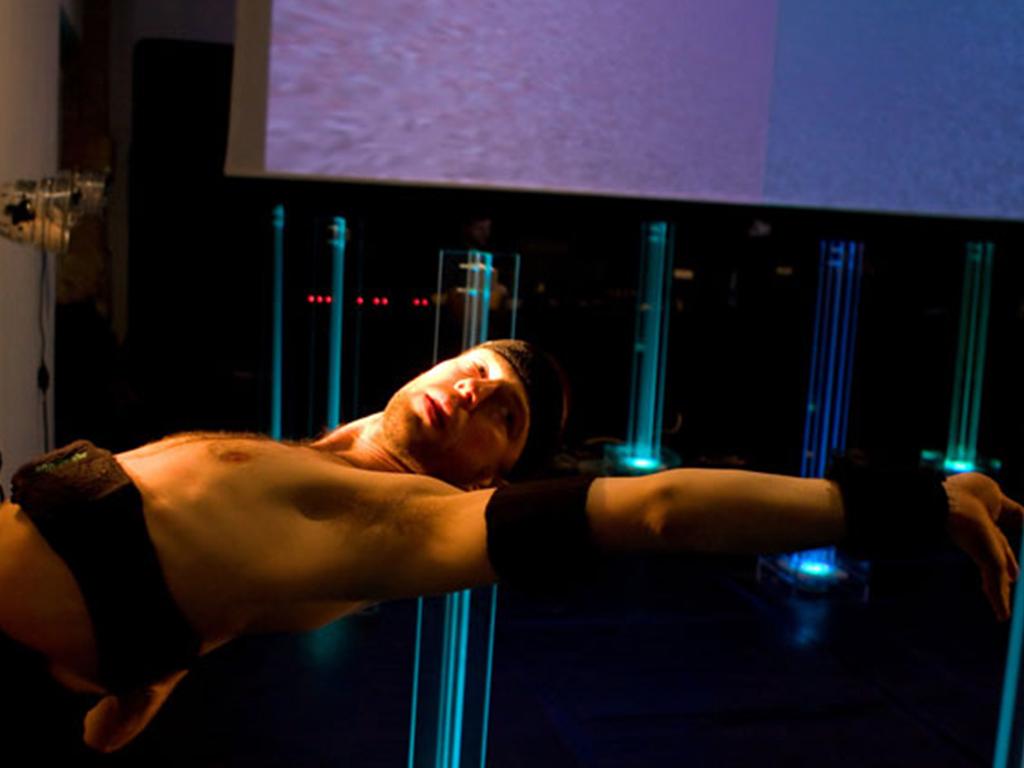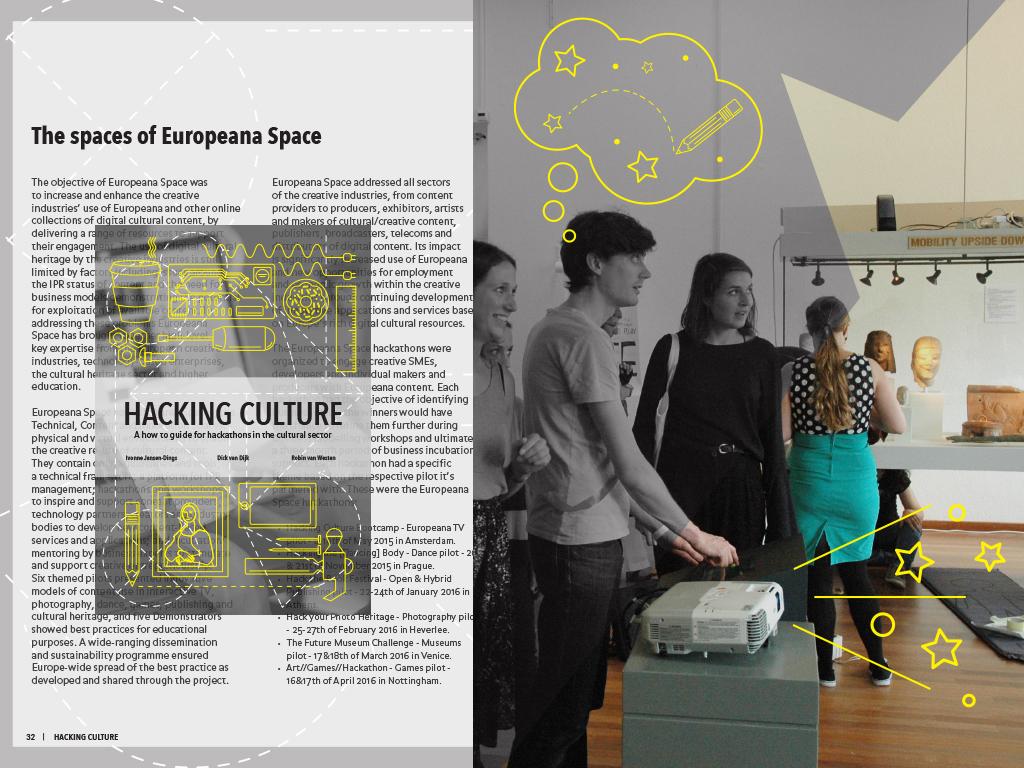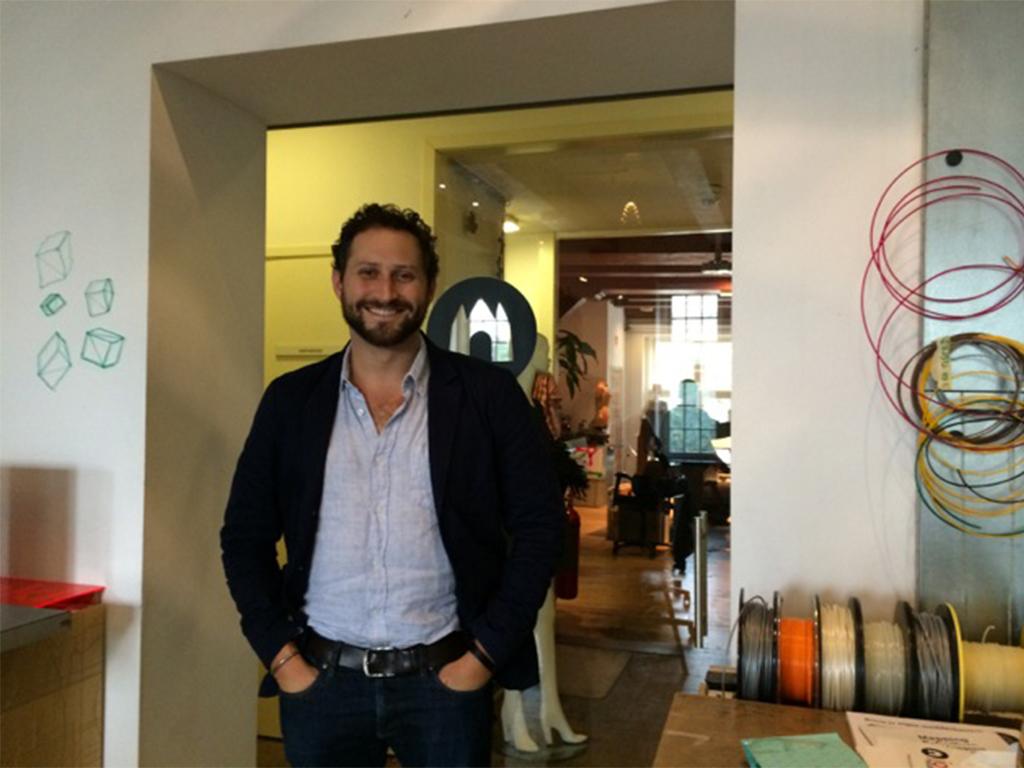On the 20-21 November 2015, dancers, hackers, software developers, scientists and inter-media artists will gather in Prague for a two-day long hackathon. You are invited to join! And if you feel like no hacker, dancer, programmer, designer or brain-computer specialist – become one for at least two days!
This is the second hackathon in a series for the project Europeana Space. The first one, Hacking Culture Bootcamp, was held in Amsterdam, at Waag.
The Europeana Space project is organising an exciting event about the use and re-use of cultural digital content, in particular dance. Participants will form teams and during two days of focused and intensive collaboration, with assistance from the hackathon ambassadors (experts in programming, BCI technologies, motion-tracking, and cultural heritage), explore new creative ideas, design and develop prototypes.
The Prague Dance Hackathon focuses on the re-use of cultural heritage materials in live performance, cross-media storytelling, motion tracking and transformation of data, brain/computer interfaces in performance. We encourage participants to combine different aspects of these elements to create something truly new and unique that will shake up the market!
We are seeking creative and driven participants with a passion for dance, technology and digital cultural heritage that want to take their creative ideas and prototypes to the commercial sector and raise the possibilities for creative re-use of cultural heritage material and dance technology.
More information and participation at this website.
The Europeana Space project has received funding from the European Union's ICT Policy Support Programme as part of the Competitiveness and Innovation Framework Programme, under GA no. 621037.



